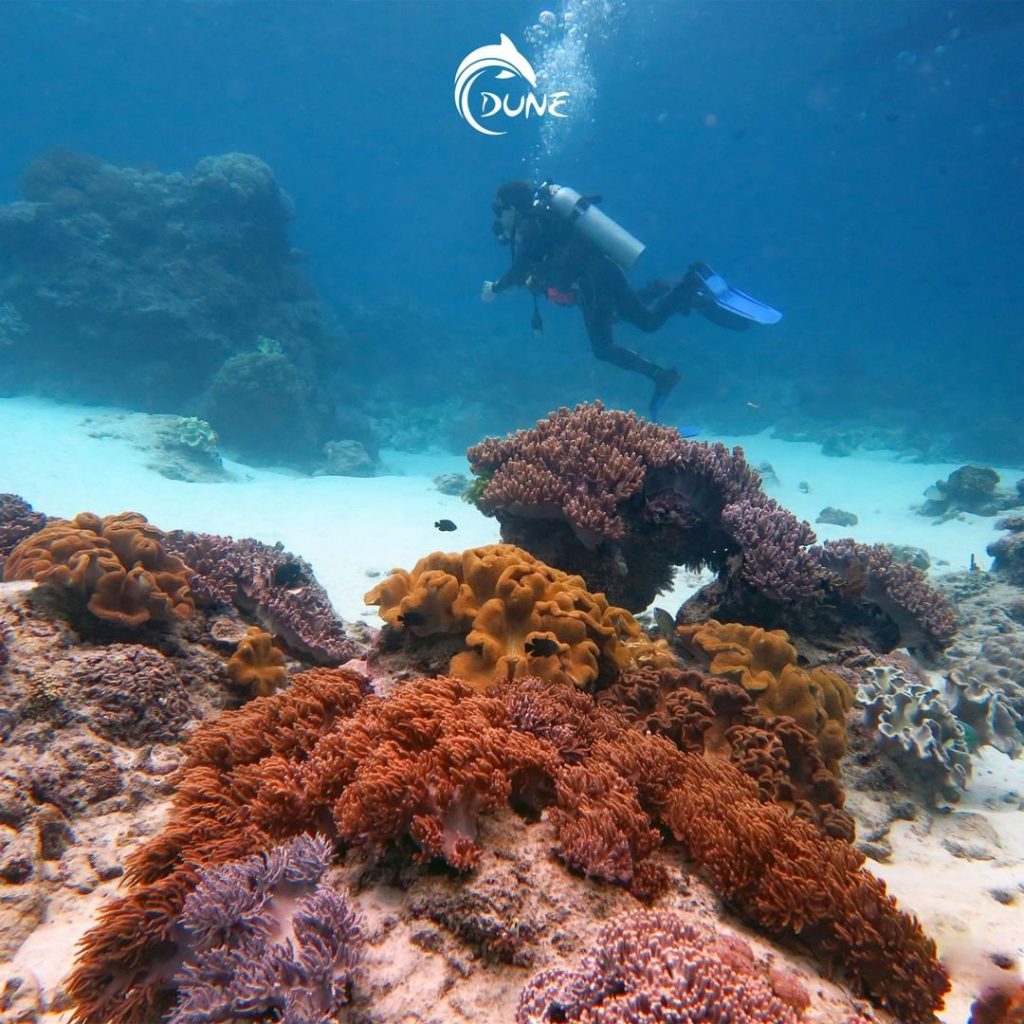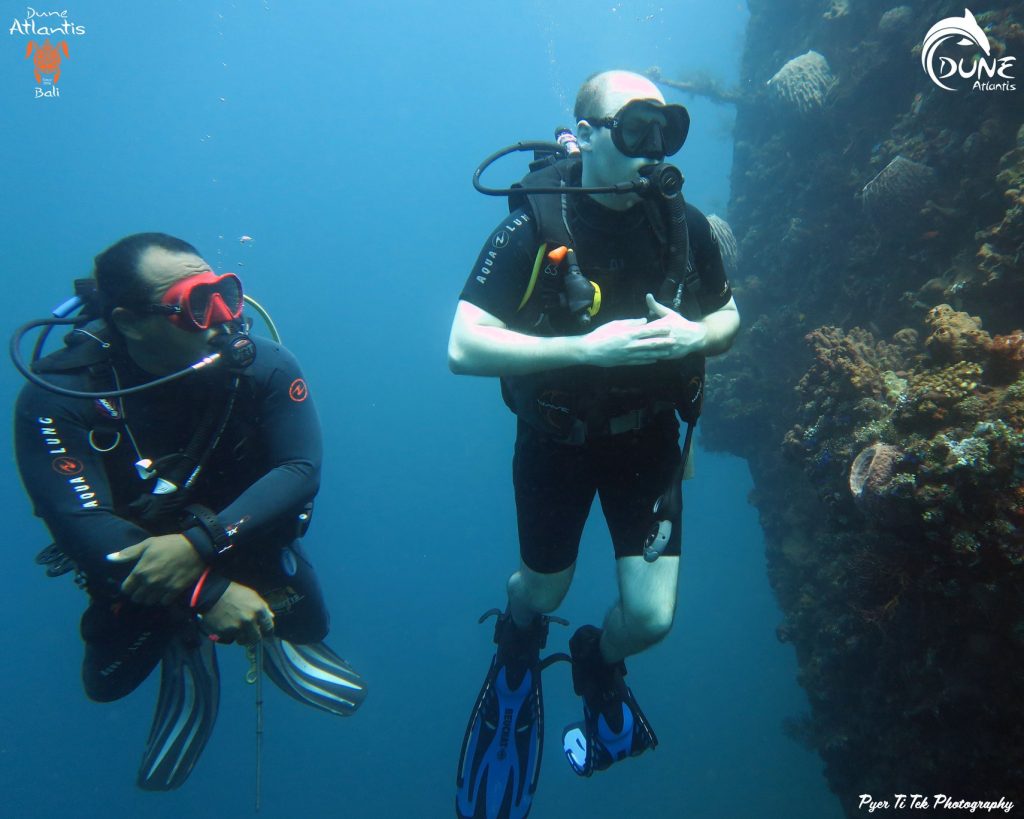
When you learn how to dive, you will get basic scuba diving theories and practices for beginners. You will get to learn scuba diving in few weeks before getting your first certification. However, the classes would cover just as much—and there are plenty of things you will only learn in real dives. Here are some “advanced” tips that make your beginner dives better.
Keep Your Calm Under the Water
Do you know that the most important thing to stay safe while diving is by keeping your calm? When you first begin diving, remaining composed seems like the least likely thing to do because you might be panicking to recall everything.
Almost every diver was the same way. However, once they began to unwind and adopt a calmer attitude, diving became simpler for them. The more you dive, the more this will come naturally to you. Do some breathing exercises before entering the water. Then you will know that scuba diving can be the most calming and peaceful activities you can do. You’ll feel more at ease as a result. Once in the water, try not to rush or focus only in one direction. You might, for instance, miss seeing large fish, sharks, or rays in the deep blue in the opposite way if you are concentrated on looking at a wall or coral.
Keep Yourself Hydrated Before and After A Dive
One of the most important scuba diving tips for all beginners that unfortunately often get forgotten is keeping a good hydration. Drinking enough water before jumping to the ocean is very crucial.
Because you are surrounded by water, you might not be aware that you sweat during the dive just like you do on land. Since you are already wet, you can’t see it, yet drinking water is just as necessary for scuba diving as it is for hiking. To avoid entering a dive dehydrated, drink lots of fluids the day before and the morning of the dive.
More Diving & Travelling Stories:
Solo Travelling Tips for Scuba Diving Adventure in Bali
Reducing Your Air Consumption
Beginner divers first have a tendency to use and exhaust their air far more quickly than experienced divers. There are numerous variables, including anxiety, excessive movement, and buoyancy issues.
When the person with the least amount of air needs to go up, safe procedure dictates that a group or companions climb back to the top. That implies that your friends must accompany you even when they have plenty of air but it is time for you to ascend. The longer you stay down, the less air you will likely need to breathe.
Learning how to preserve air would help you to improve your scuba diving vacations for beginners. You will have longer time underwater to see and explore anything you love. If you are diving to wait for underwater superstar like the Manta Ray to pass by, you will have a greater chance to meet them.
Keep your cool and take deep breaths. You’ll consume less air if you maintain slow, even breathing. It somewhat reminds me of breathing techniques used during meditation. Stay streamlined and develop your kicking technique. You will breathe less if you swim gently and with little movement. This is why it’s important to understand buoyancy and how much weight to carry.
Have A Better Buoyancy Control

Why is buoyancy crucial? A good buoyancy control hold you fairly still so that you don’t rock back and forth. You want to be able to descend to the desired depth and then ascend without making any significant adjustments.
You will typically ascend if your BCD has too much air in it, whereas you will typically sink if it has too little air or too much weight. A divemaster will assist you in determining the proper weight before you dive. In case you require a little more, they typically have extra on them. Knowing the proper weight will make a significant difference. If you feel you are too close to the surface when you reach the bottom or your intended depth, slowly add some air to your BCD.
Try to regulate and even out your breathing for the most part. After some practice, you can somewhat alter your buoyancy by breathing differently.
More Diving & Travelling Stories:
What to Consider Before Going for Wreck Diving in Bali
Don’t be Lazy to Keep Your Dive Log
It is enjoyable to reflect about past dives because, with time, some of them will start to blur together. When you initially begin, it can be beneficial to keep track of your air consumption, the type of wetsuit you used, and the amount of weight you utilised during a dive.
So you will have a good idea when they ask you how much weight you need, etc., before your next dive. Every dive is different from the last due to the various circumstances, marine life, corals, and other things you will see.
Writing down all the various details you noticed that made it stand out in your logbook is a good habit. In this manner, it will be simpler to recall. Plus, some site require divers to have certain entry on their log book, especially for advanced sites. It’s a good way to log your dives as early as possible to help you at times like this!